Syntec shop has a large selection of high quality liquid silicone rubbers for various applications. The liquid rubbers are available in addition silicones (platinum), condensation (tin) silicones and silicone gels. The liquid silicones are widely used for making silicone molds and silicone products. The silicones are easy to process and obtain in small and large packages.
Overview most common flexible silicone materials:
Siliconen rubber materials are available in set packaging such as Eurosil siliconen in:
SG C-SIL Condensation silicones and Platsil silicones are in deviating packaging units.
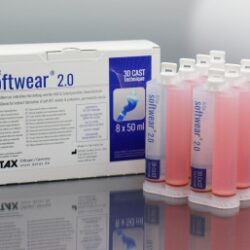
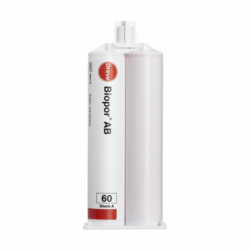
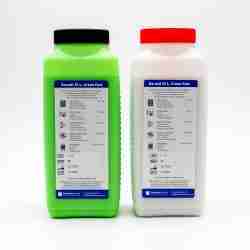
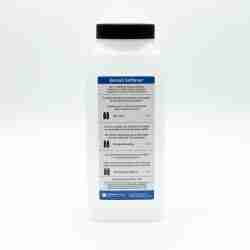
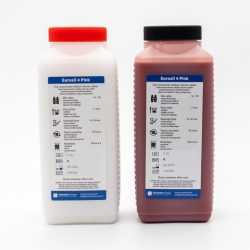
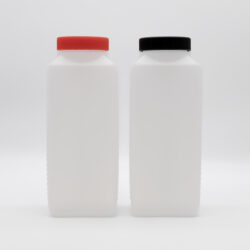
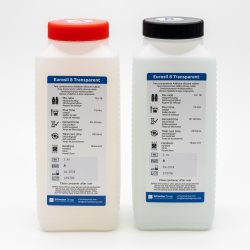
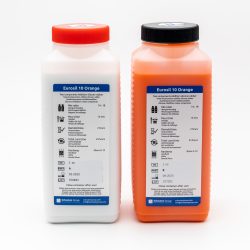
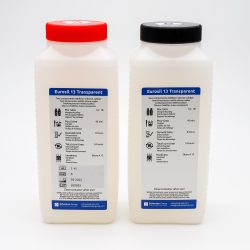
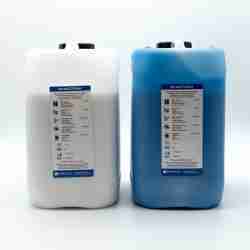
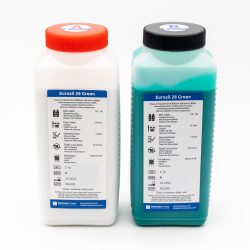
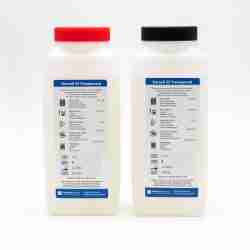
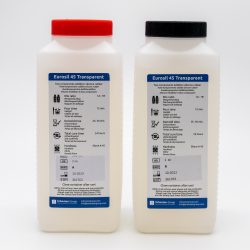
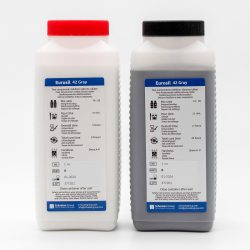
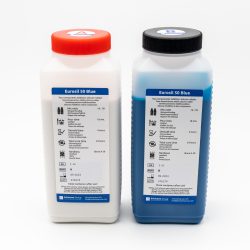
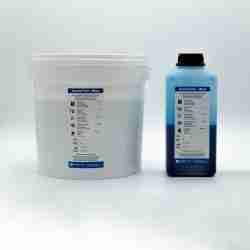


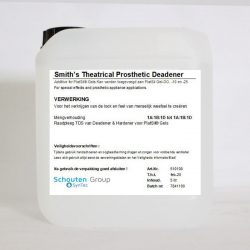
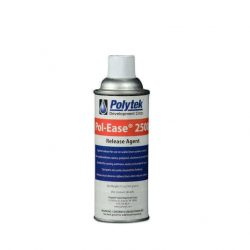


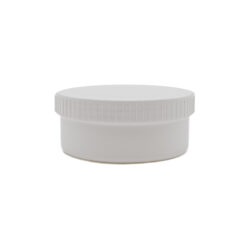
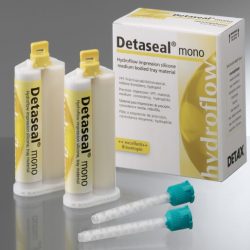
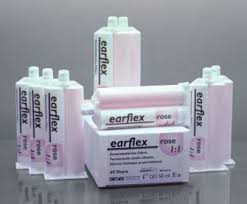
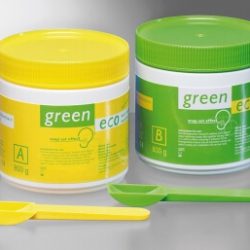
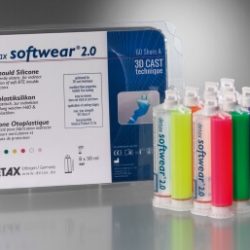
Reliable product properties, release property and easy processing are just three of the many good reasons to use silicone molded rubber. Regardless of the complexity of the model, silicone rubber allows you to reproduce even the smallest detail. With silicone rubber you can make many casts in which the complex shapes and details of the model are visible.
Syntecshop.com has a type of rubber for every application. The choice of a type of rubber depends entirely on the application, and on which surface are you going to pour or brush the rubber. For example, your model can be made of stone, glass, metal, wood, wax, ceramic or plaster.
Then it is also important to determine in advance what material you want to make the casts, for example: plaster, concrete, wax, epoxy, polyester, polyurethane or a low-melting alloy.
This is necessary to avoid problems such as:
So always pay attention and make the right choice, otherwise ask advice from one of our employees or just test the materials before casting!
* The mixing time, pot life and the time to be poured depend on the temperature, the environment and the relative humidity value.
Condensation and Addition silicones
A-SILICONE, platinum cured, Eurosil
By adding a catalyst, the silicone polymers react by means of an addition reaction to a rubber and no volatile by-products are formed. Heating makes it possible to accelerate the curing process. Contact with certain chemicals can partially or completely prevent curing. There is practically no shrinkage, while the cured rubber has good chemical resistance and does not
depolymerizes at high temperatures.
C- SILICONE, tin cured silicone
These silicones harden after addition of the catalyst to a rubber by means of a condensation reaction, while a volatile byproduct evaporates.
Variable processing time and curing speed is obtained by changing the proportion and type of catalyst.
The curing of these products is not sensitive to inhibition (= contamination / reaction of surfaces). C-Silicones have a low shrinkage of approximately 0.5%. The cured rubber can depolymerize when heated in a closed space.
PolyTek
Eurosil
SG C-Sil
Platsil
Poly 74-, Poly 75- and Poly 81-series
PT Flex
EasyFlo
Poly-Optic
Zhermack
Asiga
DETAX
MoonRay
Pro3dure
Pol-Ease
Formech
syntecshop.com
Laan van Londen 140
3317 DA Dordrecht
Netherlands

© 2022 – syntecshop.com
Privacy and cookies | Terms and Conditions
All prices on syntecshop.com are exclusive of VAT.